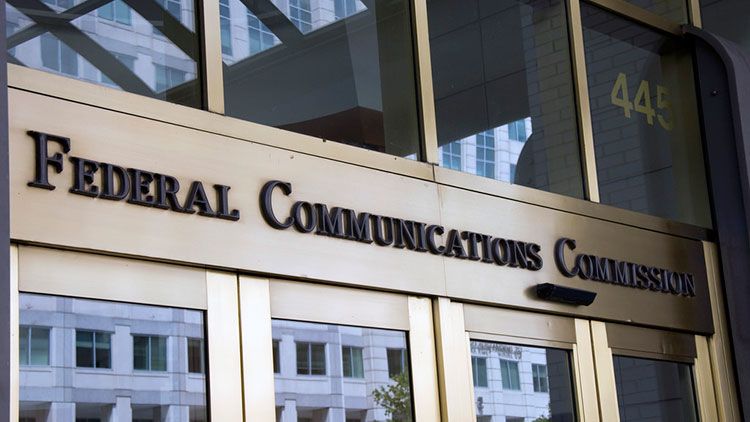I’ve been listening to a DFW station today while I work and this station is airing a not-so legal ID. They’ve been doing this for over a year now. When I lived in Illinois, I knew of a station that didn’t air a legal ID at all for over 10 years.
If the rules aren’t being enforced, do the rules really exist any longer?? Is anyone opposed to getting rid of the legal ID rule or do you think it should stay?
If the rules aren’t being enforced, do the rules really exist any longer?? Is anyone opposed to getting rid of the legal ID rule or do you think it should stay?



